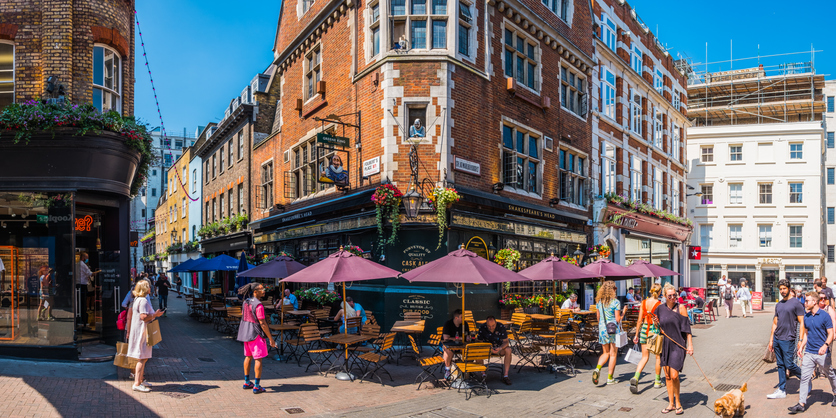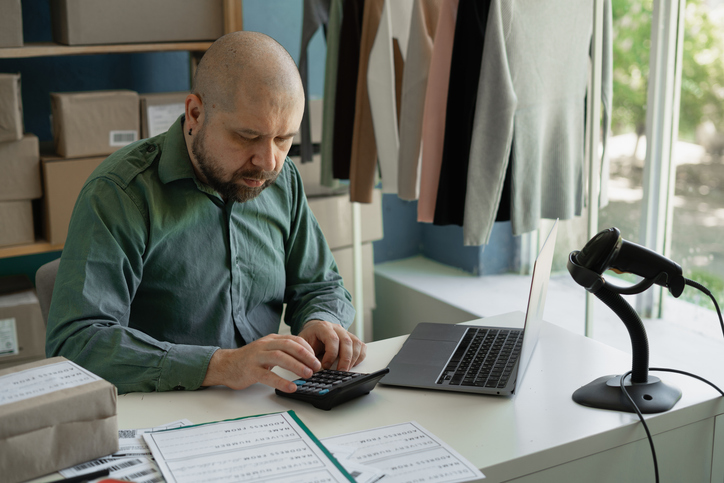Nigel Brown, founder of financial services company NW Brown, says: ‘We want to create a local bank to help local business – all the way from one-man bands to high-tech companies. By being broadly based we’ll avoid having total exposure to one area.’
Also involved in the project is telecoms entrepreneur David Cleevely and an unnamed banker. The group needs to raise a minimum of £10 million to gain regulatory approval, but hopes to secure more by approaching business angels and using grants.
‘It may well signal a new age of funding. The economy is bust right now, and I just can’t see which sector is going to lead us out.’
The entrepreneur estimates that it will be at least 18 months before the bank gets off the ground, acknowledging this may be too late for many businesses.
Rob Mitchell, founder of Craggy Island Climbing Centre, says he was ‘utterly flabbergasted’ at being refused additional funding from his bank. ‘We had paid off our start-up costs and had never been overdrawn, so it didn’t make sense,’ he says.
‘As far as people coming up with new ideas to lend, I think in principle that’s great. For us it seemed our bank was more prepared to take a risk when we were starting, than when we had become a successful [growing business].’
Dhruv Patel, director of online learning company Nisai group, was also denied funding. He says: ‘Entrepreneurs lending instead of banks is a very good idea. At the moment I’m concerned about the [effectiveness] of government initiatives like the Enterprise Finance Guarantee. It seems there’s a lot of confusion due to a lack of clear guidelines as to how it should be implemented.’





